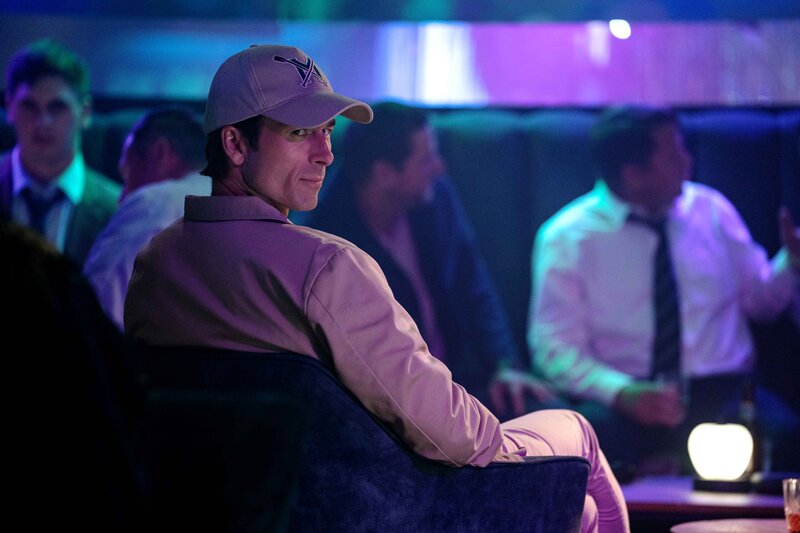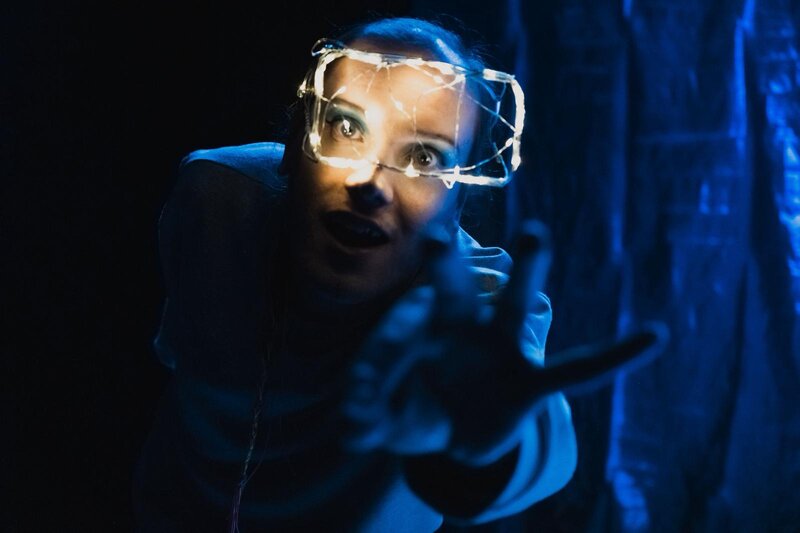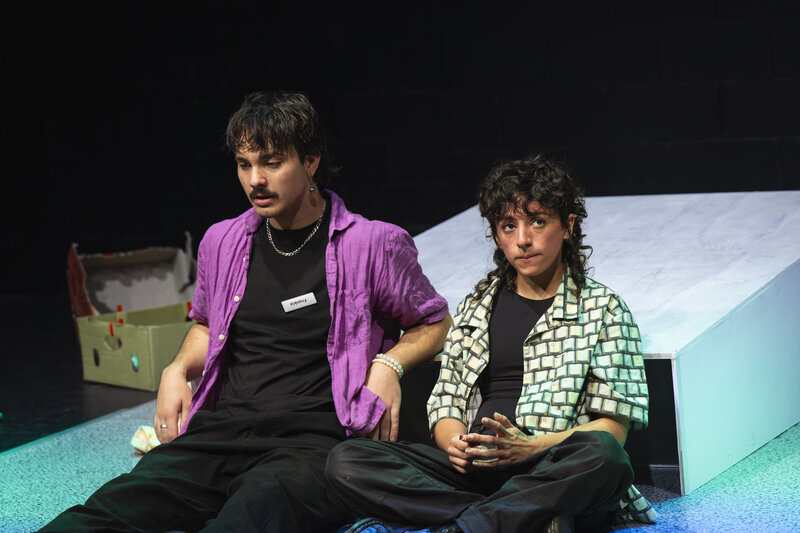J G Ballard’s prescient dystopian 1975 novel High-Rise was a bleak allegory for the class warfare and decline of civilization and the breakdown of society. Ballard wrote the novel in the 70s during a period of tumultuous upheaval in the social fabric of Britain before the economic downturn and rampant unionism drove Thatcher’s conservatives into power. But the novel was long considered unfilmable, much like Ballard’s controversial Crash, which was set against the backdrop of a strange subculture where emotionally crippled people found car crashes to be quite erotic.
 However, the offbeat and subversive nature of the Ballard’s novel found a kindred spirit in maverick British director Ben Wheatley, known for his often confronting approach to violence and misogyny with films like Kill List and the bizarre and infuriatingly oblique A Field In England. Wheatley is something of an acquired taste, and the violent and blackly comic Sightseers is arguably his most accessible and successful film to date. High-Rise is easily his most ambitious, but it is also a film that will polarise audiences.
However, the offbeat and subversive nature of the Ballard’s novel found a kindred spirit in maverick British director Ben Wheatley, known for his often confronting approach to violence and misogyny with films like Kill List and the bizarre and infuriatingly oblique A Field In England. Wheatley is something of an acquired taste, and the violent and blackly comic Sightseers is arguably his most accessible and successful film to date. High-Rise is easily his most ambitious, but it is also a film that will polarise audiences.
Adapted by Wheatley and his regular collaborator Amy Jump, the film is set in a pristine, vaguely sterile and futuristic luxury high rise apartment block located on the edge of civilization. The block has been specially designed by the reclusive, urbane and enigmatic architect Royal (Jeremy Irons), who lives in opulence on the penthouse floor, complete with its rooftop garden and extravagant furnishings. There is a gym, a school and even a supermarket contained within the self sufficient and high tech building. Each floor of the block represents its own microcosm of society.
The newest tenant to move in is psychologist Robert Laing (Tom Hiddleston, from Thor), who has suffered a breakdown of his own family. He meets many of his neighbours, including sexy single mother Charlotte (Sienna Miller), who lives upstairs; filmmaker Wilder (Luke Evans) and his wife (Elizabeth Moss). The residents tend to use sex and alcohol as a crutch to escape the banal realities of their lives.
But soon the power outages become more frequent and the tension between the different classes becomes more evident and an unpleasant series of incidents follows. The affluent tenants find themselves caught up in an orgy of self destructive behaviour and madness as they slip off the vestiges of civilization. They give into their primal lusts and instincts, resulting in outbreaks of violence and vengeance against the upper classes. The confronting nature of much of what follows will shock many, and the film not be to everybody’s tastes.
Wheatley has assembled his strongest ensemble cast to date, and he gives his principal cast plenty to work with. There is a stillness to Hiddleston’s performance, and while he often doesn’t seem to be doing much on the surface it is clear that there is an intelligence and subtlety at work. Moss creates one of the more fragile characters here with a nuanced performance. Irons brings an enigmatic quality to his portrayal of Royal the architect who is unable to see the imperfections in this grand world he has created. Evans has a strong and intense presence and he brings a manic edge to his role as the driven Wilder, who wants to bring down Royal and his air of privilege.
The film is laced with generous touches of black humour, and shaped by an anarchic and subversive tone. Wheatley’s regular cinematographer Laurie Rose has shot the film, and suffuses the surface with a surreal, nightmarish visual style and a cold aesthetic that perfectly suits the tone of the material. A chilly eroticism also pervades the material. Mark Tildesley’s production design also enhances the uneasy nature of the apartment block.
High-Rise is a savage satire of society’s depravity and base instincts, but ultimately the film seems a little unfocused and messy and will struggle to find broad audience appeal.
Director: Ben Wheatley
Cast: Elisabeth Moss, Jeremy Irons, Luke Evans, Sienna Miller, Tom Hiddleston
Release Date: 18 August 2016
Rating: MA 15+
Greg King

David Edwards is the former editor of The Blurb and a contributor on film and television




